Choosing the perfect pet can be a challenging decision, especially with so many options available. While dogs, cats, and fish have long been popular choices, birds stand out as a highly suitable pet for various lifestyles.
This article explores why birds can be a better choice than other common pets and provides 15 key topics to help you understand their benefits.
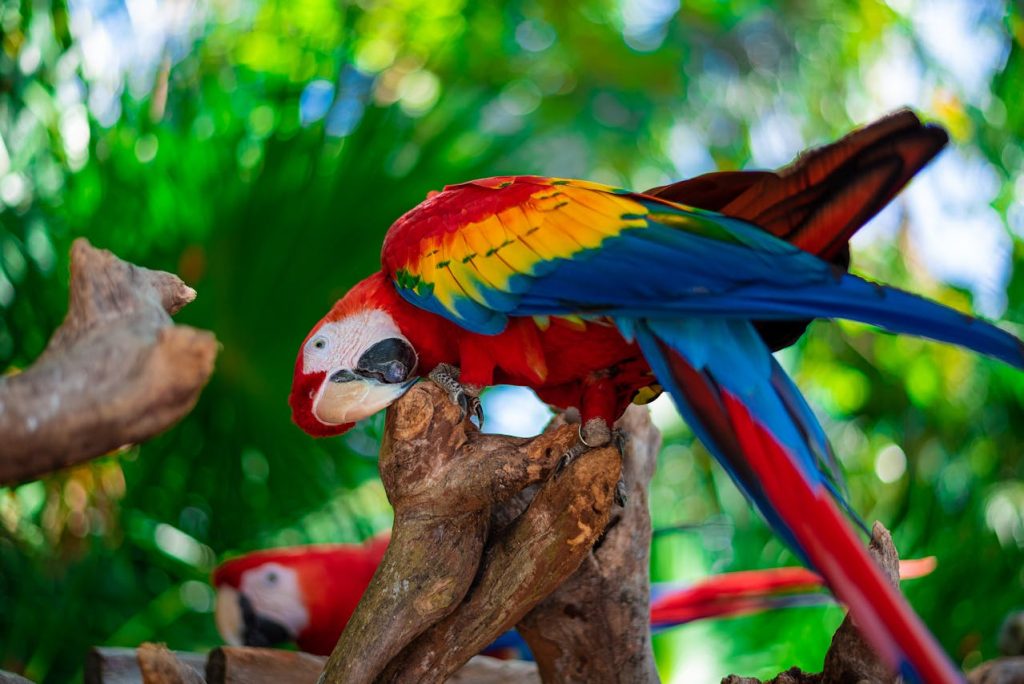
Space Requirements
Birds require much less space compared to dogs and cats. While dogs need yards to roam and cats enjoy climbing and exploring, birds can thrive in compact cages, making them ideal for apartments and small homes.
For example, parakeets and canaries are perfect for small living spaces due to their compact size and minimal space requirements.
Low Maintenance
Birds are generally low-maintenance pets compared to dogs and cats. Dogs need daily walks, grooming, and constant attention, while cats require regular litter box cleaning and hair maintenance.
Birds, on the other hand, only need their cages cleaned a few times a week, along with fresh food and water daily. For instance, budgies and canaries are known for their simple care routines and can thrive without much hands-on attention.
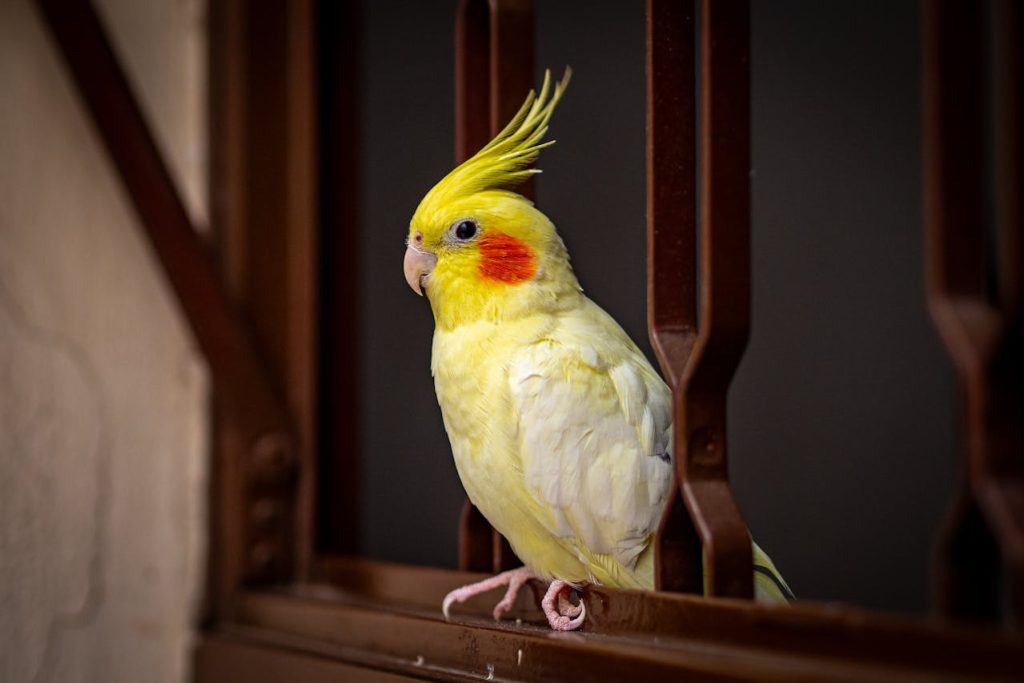
Cost-Effective
The cost of owning a bird is significantly lower than maintaining a dog or cat. Dogs require expensive food, grooming services, and medical care, while birds thrive on a diet of affordable seeds, fruits, and vegetables.
Additionally, vet visits for birds are generally less frequent compared to dogs and cats. For example, owning a cockatiel typically costs much less per year than caring for a dog due to lower food and healthcare expenses.
Long Lifespan
Many bird species, such as parrots, have a longer lifespan than dogs and cats. With proper care, they can be lifelong companions, unlike fish, which generally have shorter lifespans.
African Grey Parrots, for example, can live up to 50 years, making them a long-term companion.
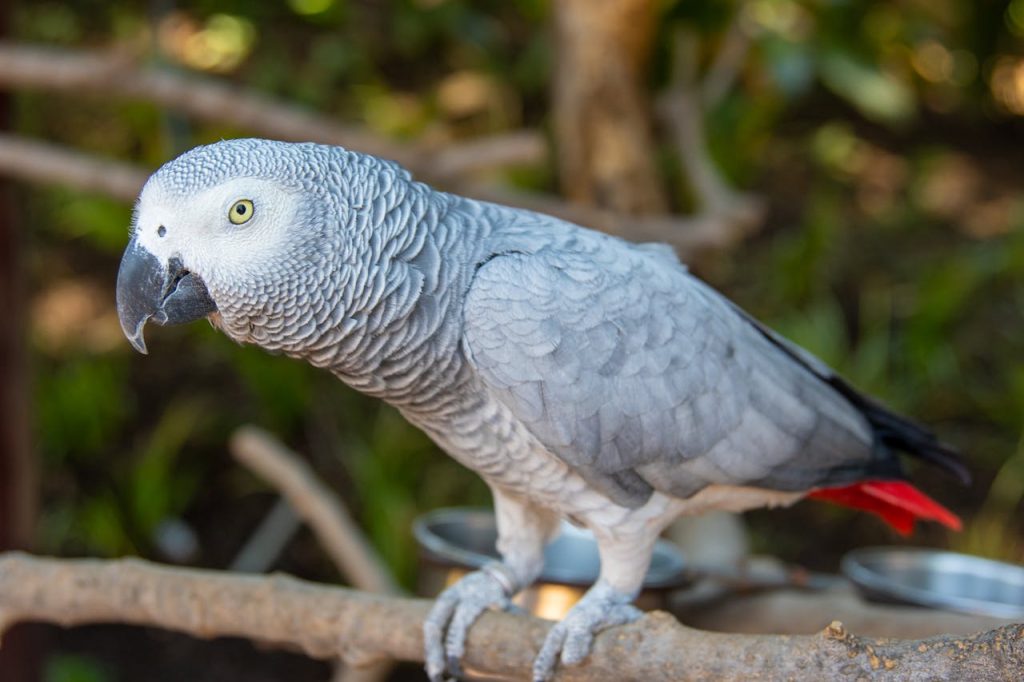
Intelligence and Trainability
Birds are known for their intelligence and ability to learn various tasks and tricks. Unlike fish, which cannot be trained, and cats, which may be indifferent to commands, birds such as parrots and cockatoos can mimic human speech, recognize their owners, and even solve simple puzzles.
For instance, African Grey Parrots are famous for their problem-solving skills and extensive vocabulary, making them one of the most trainable pets available.
Companionship
Birds provide excellent companionship and enjoy social interaction. Unlike fish, which offer no interactive engagement, birds can bond with their owners and provide emotional support.
Lovebirds, for example, are known for forming strong bonds with their owners and thriving on companionship.
Low Allergic Reactions
For individuals with allergies, birds can be a great alternative to dogs and cats. Unlike furry pets, birds produce very little dander, which is a common allergen for many people.
Small species like finches and budgerigars are especially good choices for allergy sufferers, as they shed minimal feathers and dander compared to larger parrots or mammals.
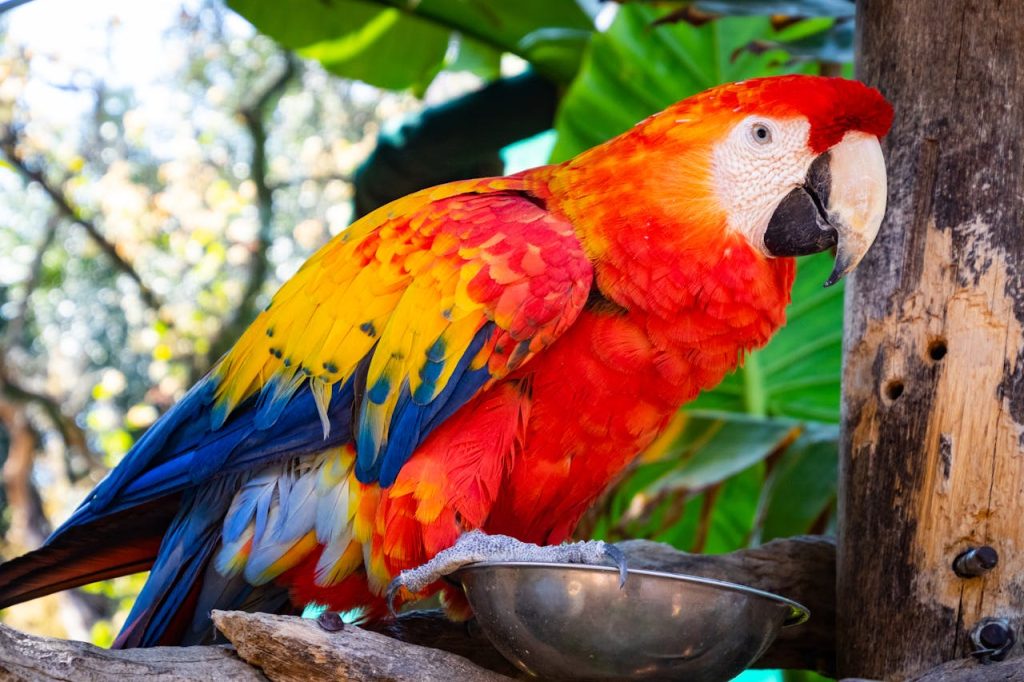
Minimal Noise Levels
Although birds can be vocal, they are generally quieter than dogs, which may bark excessively. Some bird species, such as canaries and finches, produce gentle chirping sounds that are soothing rather than disruptive.
Unlike dogs, which may bark at strangers or noises throughout the day and night, birds can be trained to vocalize at appropriate times and tend to settle down during the night.
Aesthetic Appeal
Birds come in various colors and species, adding a decorative touch to your home. Fish tanks can also be beautiful but require extensive maintenance compared to bird cages.
Macaws, for instance, are known for their stunning plumage, making them an eye-catching addition to any home.
Travel Friendliness
Birds are easier to transport compared to larger pets like dogs and cats. A birdcage is portable and allows for safe travel, whether for short trips or relocations.
Unlike dogs that require specific travel arrangements and additional costs for boarding, birds such as budgerigars and lovebirds adapt well to new environments when their cages are brought along.
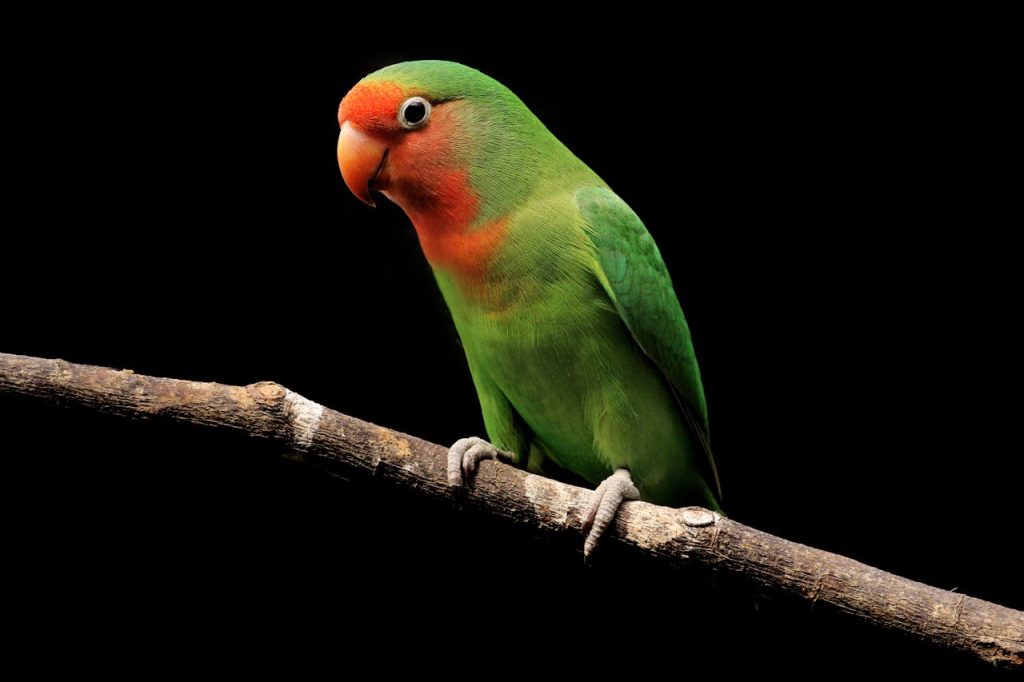
Lower Feeding Costs
Birds consume significantly less food compared to cats and dogs, making them an economical choice. Their diet consists mainly of seeds, pellets, fruits, and vegetables, which are budget-friendly and widely available.
A small parakeet, for example, eats only a few tablespoons of seed mix per day, whereas a dog requires larger quantities of expensive pet food.
Cleanliness
Birds are naturally clean animals that preen themselves regularly, keeping their feathers in good condition.
Unlike dogs that require regular baths and cats that shed fur around the house, birds tend to stay clean with minimal effort.
Owners only need to clean cages regularly to remove droppings and discarded food, making birds a tidy pet option.
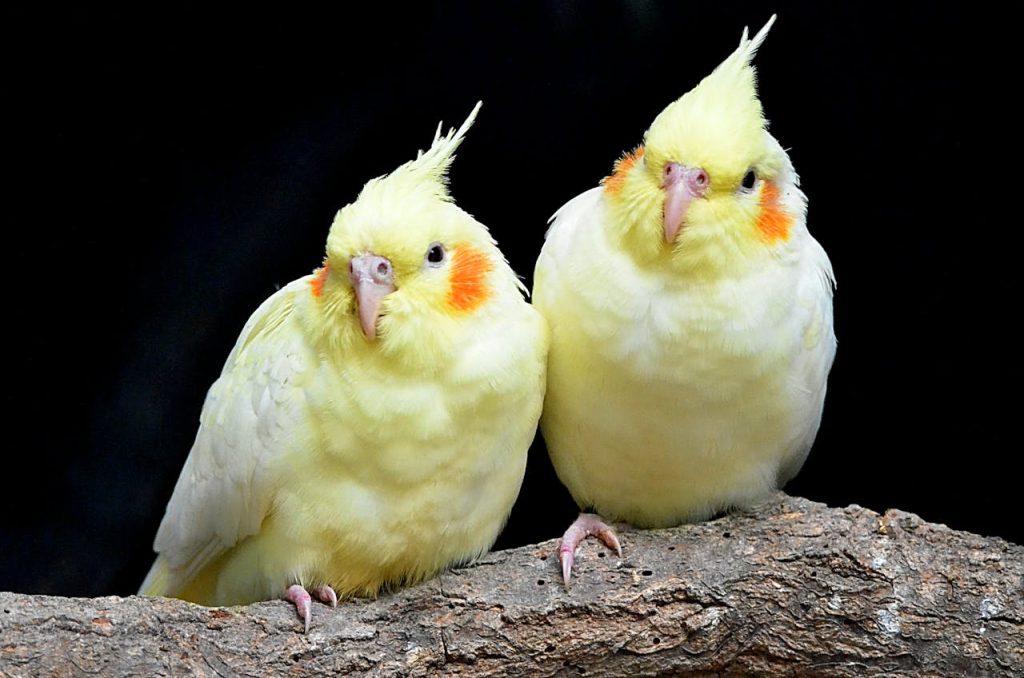
No Outdoor Walks Required
Unlike dogs, birds do not need daily outdoor walks, making them perfect for individuals with a busy schedule or limited mobility.
Parakeets can stay entertained inside their cages with toys and perches without requiring outdoor activities.
Entertainment Value
Birds offer endless entertainment with their playful behavior, singing, and ability to learn tricks.
Unlike fish that provide only visual enjoyment and dogs that require constant attention, birds like cockatiels can whistle tunes, mimic sounds, and engage with their owners through playful interaction.
Watching a parrot solve puzzles or a canary sing can provide hours of amusement.
Lifelong Learning Opportunity
Owning a bird can be an enriching and educational experience. Bird owners continuously learn about their pet’s unique behaviors, dietary needs, and social interactions.
Unlike fish, which require little mental engagement, birds such as cockatoos and parakeets demand intellectual stimulation and interaction, fostering a sense of growth and responsibility for their owners.
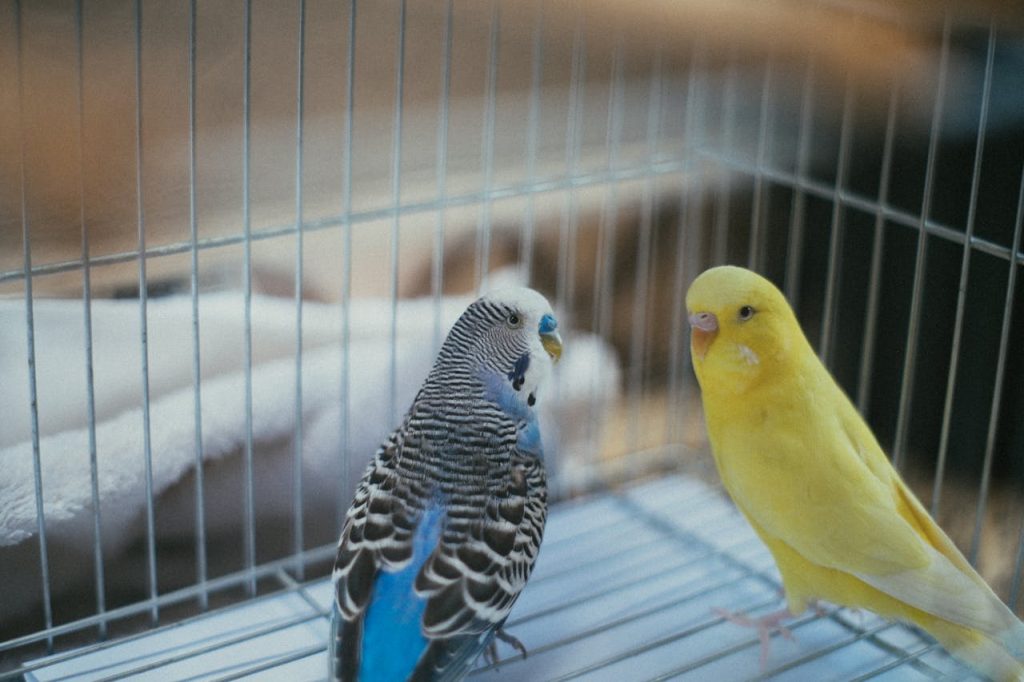
Suitable Birds as Pets
If you’re considering a bird as a pet, some of the most suitable species include:
- Parakeets (Budgies): Friendly, easy to care for, and highly interactive.
- Cockatiels: Gentle, affectionate, and capable of learning whistling tunes.
- Lovebirds: Social and affectionate birds that thrive in pairs.
- Canaries: Beautiful singers and low-maintenance pets.
- Finches: Low maintenance and perfect for beginners.
- African Grey Parrots: Highly intelligent and capable of advanced speech mimicry.
- Macaws: Vibrant and sociable birds that need dedicated care.
For more guidance on selecting the right pet for your needs, check out our article on How to Choose the Right Pet for Your Lifestyle.
In conclusion, birds make an excellent choice for those looking for a low-maintenance, cost-effective, and interactive pet.
Compared to dogs, cats, and fish, they offer unique benefits that suit various lifestyles, making them an ideal companion.
FAQs
What is the easiest bird to take care of?
Budgies and canaries are among the easiest birds to care for due to their simple dietary and social needs.
Do birds require a lot of attention?
It depends on the species; while parrots need frequent interaction, finches and canaries are more independent.
Can birds recognize their owners?
Yes, many birds, such as parrots and cockatiels, can recognize their owners and form strong bonds.
How long do pet birds typically live?
Smaller birds like budgies can live 5-10 years, while larger parrots can live up to 50 years or more.
Are birds good pets for children?
Yes, smaller birds like budgies and finches can be great pets for children with proper supervision.


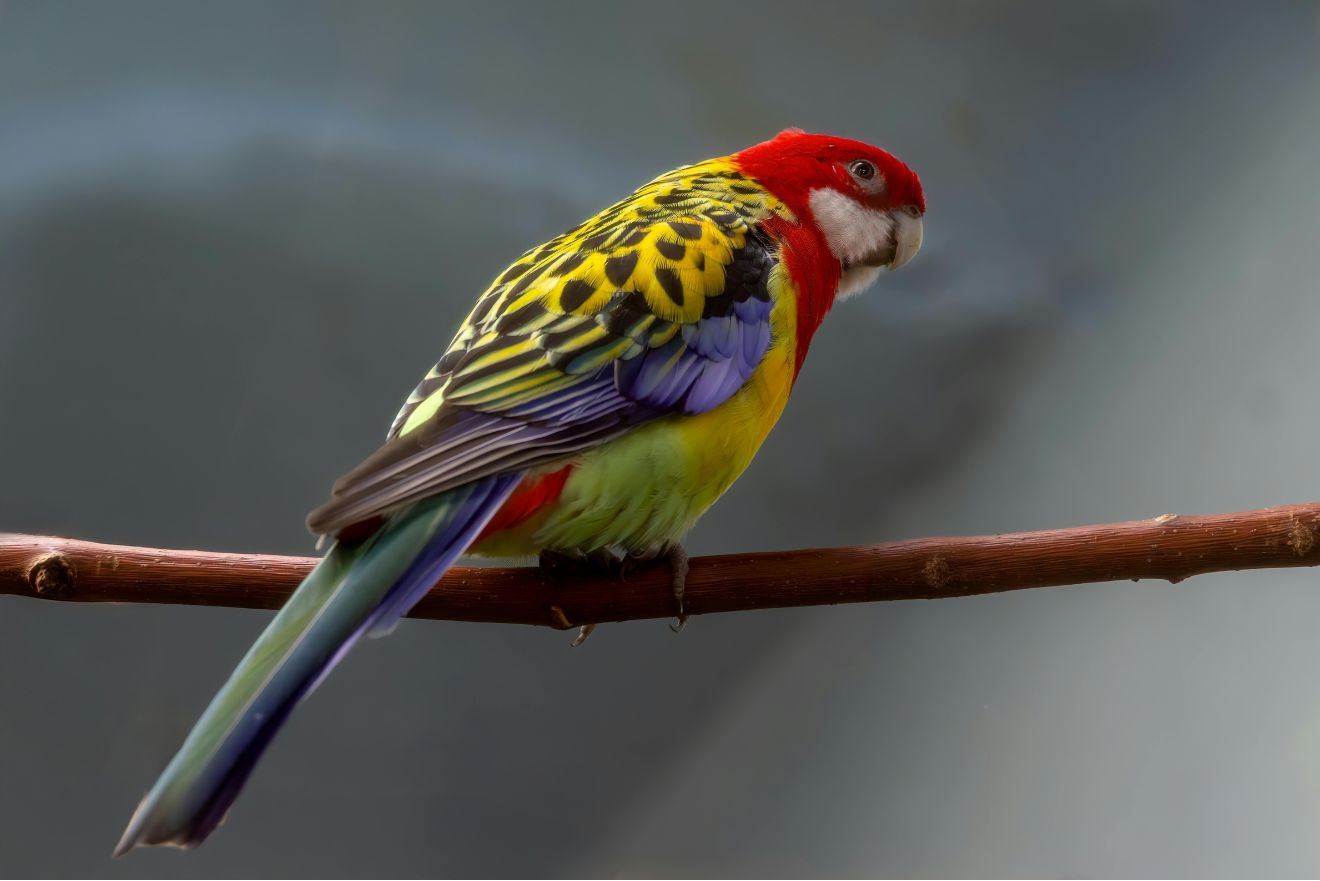

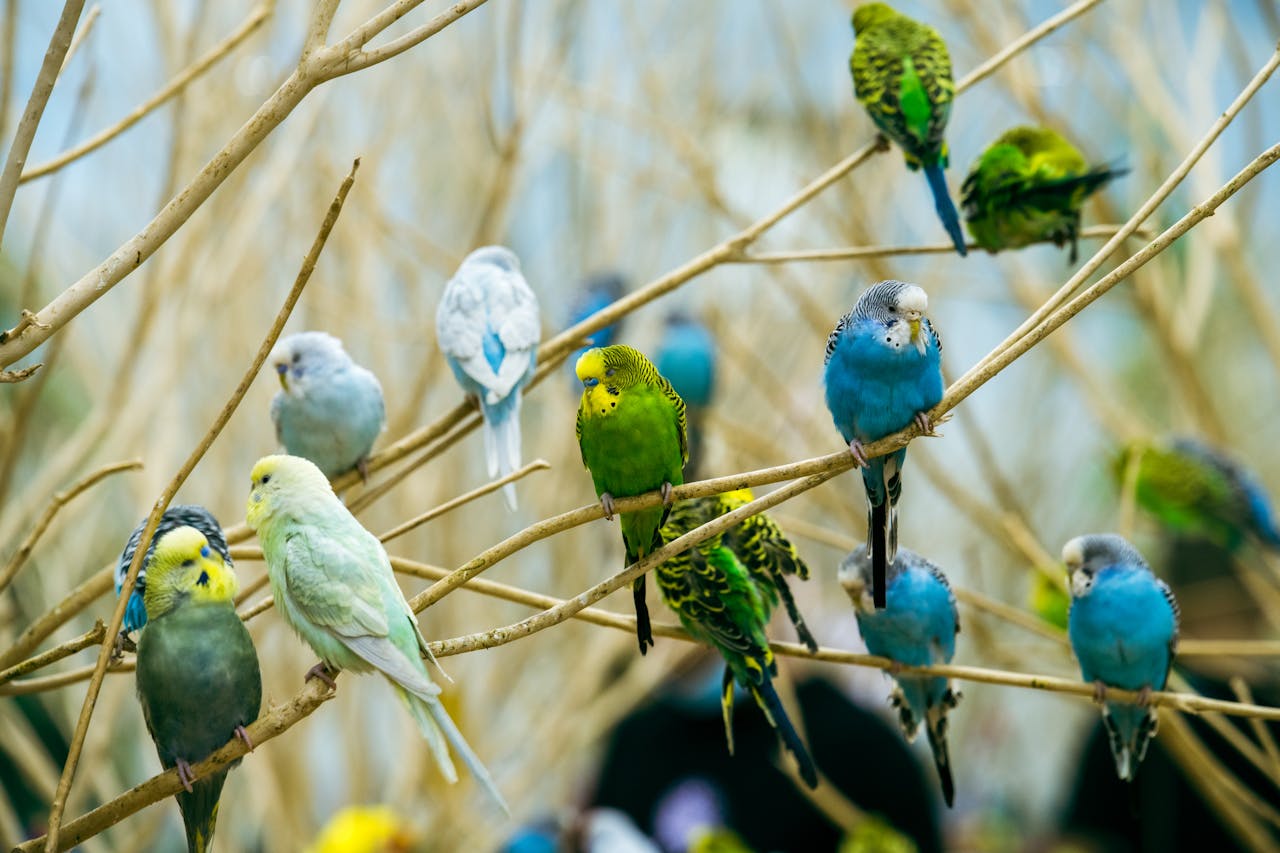
6 Comments
Pingback: Macaws Majestic Pet Birds, jewels of the avian world - Pet Bonded
Pingback: Cockatiels for Beginners: Tips to Keep Your Feathered Friend Happy - Pet Bonded
Pingback: Lovebirds Behavior & Bonding: Understanding Their Unique Social Nature - Pet Bonded
Pingback: Parrotlets Care Guide: Diet, Training & Lifespan Tips for Owners - Pet Bonded
Pingback: Canaries: The Ultimate Guide to These Melodic Singers in the Bird World - Pet Bonded
Pingback: Amazon Parrots: Why They Are Among the Smartest Pet Birds - Pet Bonded